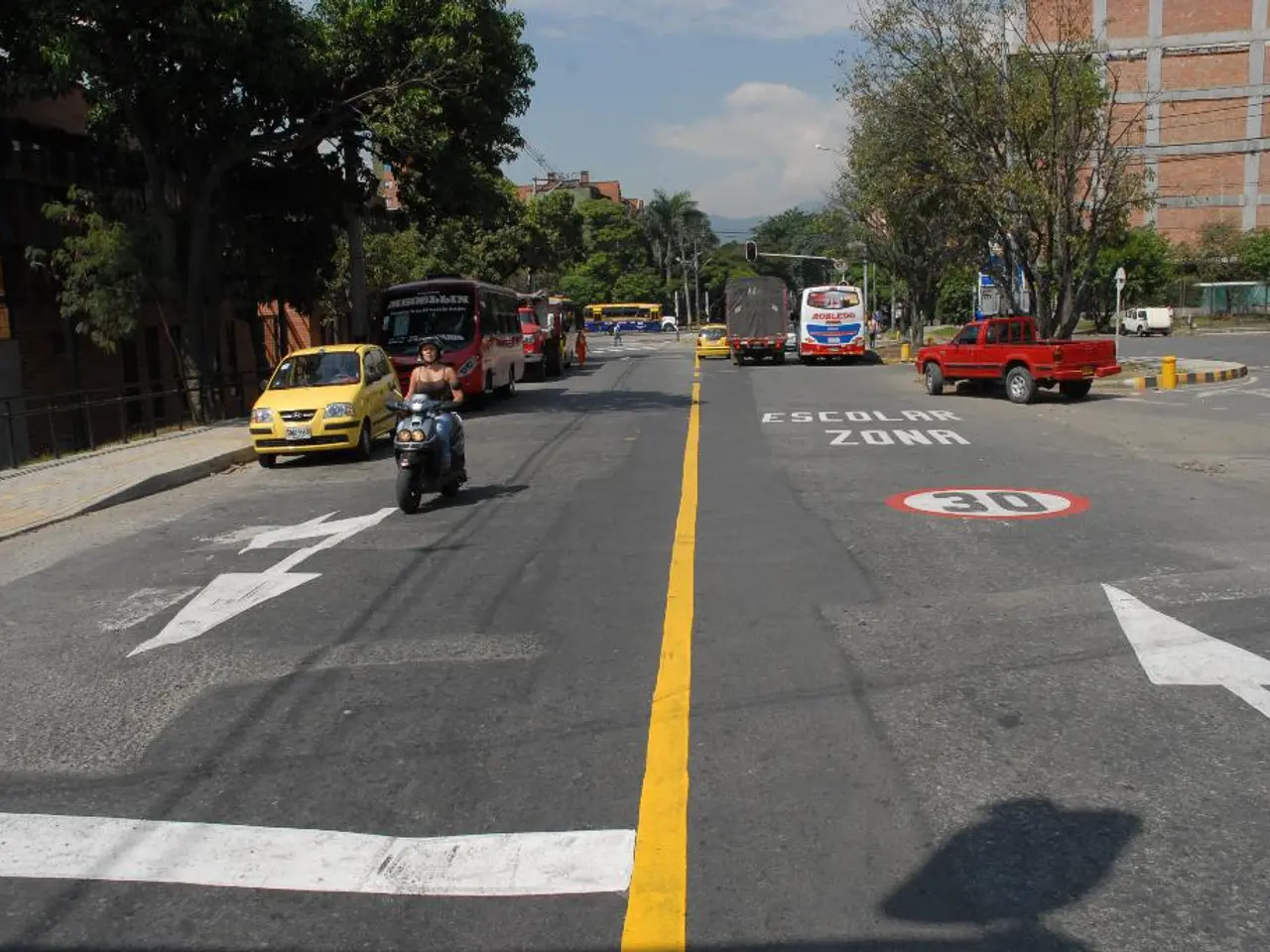Ongoing crusade by Trump to disrupt the census process
President Donald Trump has announced his intention to order a new census, a move that could have significant implications for the United States. The proposed census would exclude undocumented immigrants, but legal, operational, and political challenges loom large.
According to Article 1 of the Constitution, the power to conduct the "actual enumeration" of the population lies with Congress, not the president. The U.S. Constitution mandates that the census must count the "whole number of persons" in each state, not just citizens or legal residents. This longstanding interpretation guides the apportionment of congressional seats and the distribution of federal funds. Excluding undocumented immigrants would conflict with this constitutional requirement, likely prompting court challenges.
The Supreme Court previously rejected a citizenship question in the 2020 census, but it did not definitively rule on excluding undocumented immigrants. The constitutionality of such a move remains uncertain, leaving open complex legal contests.
Practically, the census process is a massive and highly regulated operation. Planning for the 2030 census started in 2019, and instituting a new, separate census or significantly altering the existing process to exclude undocumented immigrants would be highly complex, costly, and time-consuming. The Census Bureau currently aims to count all residents, with extensive procedures including mail-in forms and enumerators for non-respondents. Changing methodology to exclude undocumented immigrants would disrupt these established procedures and has unclear implementation details.
Politically, such a move could shift congressional representation and federal funding away from states with large undocumented immigrant populations, provoking partisan conflict and state-level redistricting battles. Some politicians support the move as a way to limit representation for states with more undocumented immigrants, while others view it as a violation of constitutional norms.
It is unclear whether Trump intends to conduct this census as an unprecedented mid-decade census or if he is referring to improvements to the existing and upcoming census in 2030. The sheer magnitude of the census process, which takes a decade of work, is a significant obstacle to conducting a new census in such short order.
Trump's attempts to game the system with the census have been mostly overshadowed by other events, such as the events of Jan. 6, 2021. However, the administration's efforts to provide data on undocumented immigrants and politicize the census process ultimately failed.
In summary, Trump's proposal faces constitutional barriers affirming all residents must be counted, operational hurdles in altering census methods already underway, and political controversy over representation and resource allocation. The path forward for this proposed census remains uncertain.
[1] NPR. (2020, September 30). Supreme Court Blocks Trump's Census Citizenship Question. Retrieved from https://www.npr.org/2020/09/30/917754344/supreme-court-blocks-trumps-census-citizenship-question
[2] PBS NewsHour. (2020, July 14). What's at stake with Trump's executive order on the census? Retrieved from https://www.pbs.org/newshour/politics/whats-at-stake-with-trumps-executive-order-on-the-census
[4] The New York Times. (2020, July 11). Trump Says He Will Exclude Undocumented Immigrants From Census Count. Retrieved from https://www.nytimes.com/2020/07/11/us/politics/trump-census-immigrants.html
[5] The Washington Post. (2020, July 11). Trump says he will exclude undocumented immigrants from the census count. Retrieved from https://www.washingtonpost.com/politics/2020/07/11/trump-says-he-will-exclude-undocumented-immigrants-census-count/
- The ongoing debate surrounding President Trump's plan to order a new census, which could exclude undocumented immigrants, has brought the question of policy-and-legislation into the spotlight, particularly the interpretation of Article 1 of the Constitution regarding the power to conduct the census.
- The proposed alteration in the census process, to exclude undocumented immigrants, may not only face challenges in terms of migration, war-and-conflicts, and politics, but also legal hurdles, as this move conflicts with the constitutional mandate for a census that counts the "whole number of persons" in each state.
- Regardless of political leanings, such a move could spark general-news headlines, as it could potentially shift congressional representation and federal funding, leading to partisan conflict, state-level redistricting battles, and a myriad of legal contests, given the uncertainty around its constitutionality and the magnitude of the census process.







